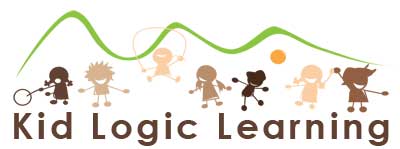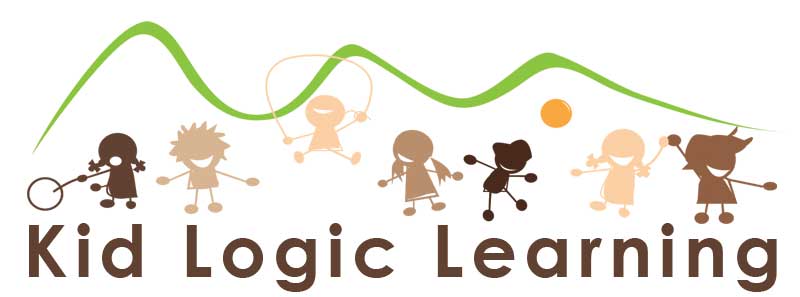Gap Pre K Class
Gap Class | Hemlock
This class is offered to older four year olds turning 5 in the current school year as well as students who miss the Kindergarten cut off date. It is a pre k class. This environment focuses on individualized learning for the student. The curriculum approach in this class will be lead by students interest. We will be learning through research, investigation, play and documentation. It will include nature, wellness, art, music, math, science, literacy, geography, language, community and critical thinking.
While honoring each child in an individualized way that supports the skill level that they are at when they join our program. Teachers will learn how each student learns and will be teaching them through the process in which they learn. We believe in the gardner theory, because evidence shows children are intelligent in their own way. Here is some more info and a link.
We will identify temperaments and teach children how to identify their peers temperaments, and using positive communication with in one another. Our goal is that each child leaves understanding how they are intelligent, recognizing other perspectives, have learned the tools that supports how they find their clam in self regulation, have studied topics they are interested and how to find the information to learn about it. Extending play and learning through critical thinking.
We believe these are life long skills that will support children to be confident feel significant, understand how they are they are intelligent, how they learn best and to provide a strong foundation of lifelong learning!
Visual-Spatial – think in terms of physical space, as do architects and sailors. Very aware of their environments. They like to draw, do jigsaw puzzles, read maps, daydream. They can be taught through drawings, verbal and physical imagery. Tools include models, graphics, charts, photographs, drawings, 3-D modeling, video, videoconferencing, television, multimedia, texts with pictures/charts/graphs.
Bodily- kinesthetic – use the body effectively, like a dancer or a surgeon. Keen sense of body awareness. They like movement, making things, touching. They communicate well through body language and be taught through physical activity, hands-on learning, acting out, role playing. Tools include equipment and real objects.
Musical – show sensitivity to rhythm and sound. They love music, but they are also sensitive to sounds in their environments. They may study better with music in the background. They can be taught by turning lessons into lyrics, speaking rhythmically, tapping out time. Tools include musical instruments, music, radio, stereo, CD-ROM, multimedia.
Interpersonal – understanding, interacting with others. These students learn through interaction. They have many friends, empathy for others, street smarts. They can be taught through group activities, seminars, dialogues. Tools include the telephone, audio conferencing, time and attention from the instructor, video conferencing, writing, computer conferencing, E-mail.
Intrapersonal – understanding one’s own interests, goals. These learners tend to shy away from others. They’re in tune with their inner feelings; they have wisdom, intuition and motivation, as well as a strong will, confidence and opinions. They can be taught through independent study and introspection. Tools include books, creative materials, diaries, privacy and time. They are the most independent of the learners.
Linguistic – using words effectively. These learners have highly developed auditory skills and often think in words. They like reading, playing word games, making up poetry or stories. They can be taught by encouraging them to say and see words, read books together. Tools include computers, games, multimedia, books, tape recorders, and lecture.
Logical – Mathematical – reasoning, calculating. Think conceptually, abstractly and are able to see and explore patterns and relationships. They like to experiment, solve puzzles, ask cosmic questions. They can be taught through logic games, investigations, mysteries. They need to learn and form concepts before they can deal with details.
Click here to fill out our Enrollment Application form.
A Typical Day
Arrival and Explore (may be outside)
Sign in
Explore
Welcome Greeting & Literacy
Open Snack
Offered Small Group/Explore
Studio/Outside
Lunch
Sustainability work
Art or Enrichment
Quiet Choices/Explore
Snack
Reflection Circle
Studio or Outside play
*ALL SCHEDULES SUBJECT TO CHANGE TO MEET THE NEEDS OF CHILDREN

